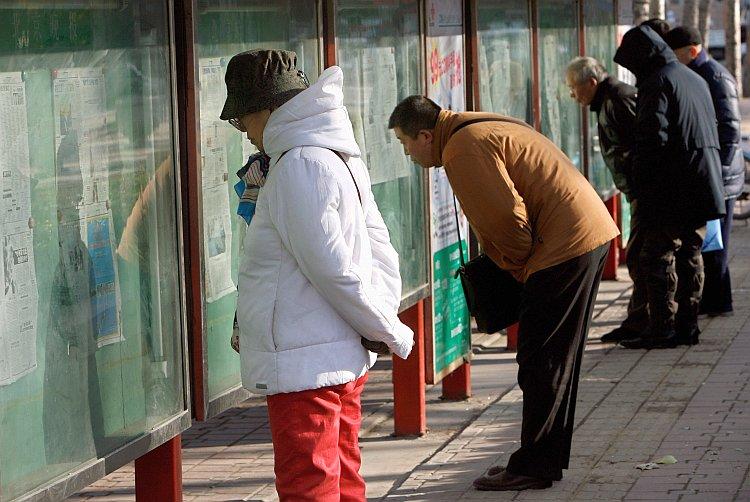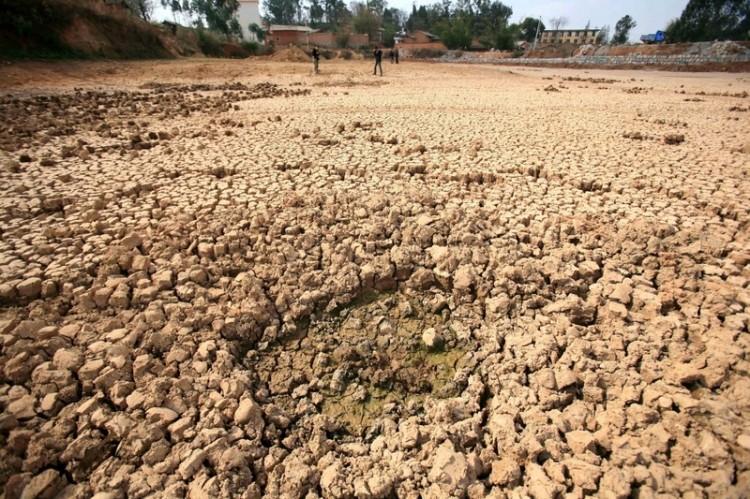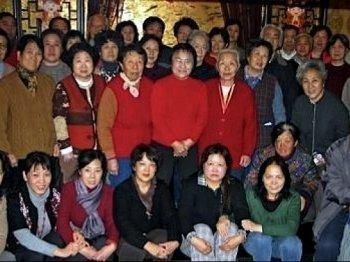Mu Qing
Author
LATEST
Chinese Condemn State’s Dereliction of Duty, as North Koreans Rob and Kill Chinese Villagers
Recently, a North Korean soldier crossed the border into China and robbed and killed four villagers.
|
State Media Denies Use of Torture at Masanjia Labor Camp
Chinese regime media outlets that are controlled by former Communist Party leader Jiang Zemin went into overdrive to deny the allegations published in Lens magazine of torture in Masanjia labor camp. An investigation would bring to light Ziang’s own involvement and sinister legacy related to Masanjia and other forced labor camps in China—more than 300 of them.
|
TV President Gets Call From Chinese Spy [Video]
Joe Wang, the executive of an independent Chinese television station, received a surprising phone call yesterday: from an agent with the Chinese Communist Party’s foreign intelligence agency.
|
Chinese Financial Institutions Destroying Classified Files
Chinese Communist Party (CCP) leaders recently ordered financial institutions to destroy numerous classified files related to the persecution of Falun Gong in an effort to eliminate evidence.
|
Control of Chinese Regime’s Armed Forces Raised by Dispute With Philippines
A spat between the People’s Republic of China and the Philippines regarding Huangyan Island, or Scarborough Shoal, in the South China Sea has forced the issue of who now controls the armed forces in China to the fore. While ships from both countries have faced off near the island for three weeks, senior naval officials from China have been pledging allegiance to the Chinese Communist Party central’s command.
|
Chinese Internet Outage Raises Questions
Chinese netizens were unable to access foreign websites for over an hour on April 12.
|
Beijing Newspaper Becomes Billboard for Party Infighting
In the stubborn opacity of Chinese communist politics there are few ways for people to know what is going on at the highest levels of power. But for decades, there has been a pretty reliable bellwether: the front page of the newspaper.
|
The Great Yunnan Drought
Yunnan, a province in southwestern China, famed for its beautiful mountains and clear waters, is now losing more and more ponds and brooks to what is called “the great drought.”
|
China’s Seven River Systems Are All Polluted
The overall environmental situation in China is very grim with all seven major river systems polluted, according to Li Ganjie, Vice Minister of the Chinese Ministry of Environmental Protection, speaking at a press conference on June 3 to discuss the Report of the State of the Environment of China (2010).
|
Tiananmen Mothers Reject Offers of Individual Compensation
Members of the Tiananmen Mothers have declined offers from Chinese officials of individual compensation for family members killed during the Tiananmen Square massacre, and have instead asked officials for an open dialogue.
|
Chinese Condemn State’s Dereliction of Duty, as North Koreans Rob and Kill Chinese Villagers
Recently, a North Korean soldier crossed the border into China and robbed and killed four villagers.
|
State Media Denies Use of Torture at Masanjia Labor Camp
Chinese regime media outlets that are controlled by former Communist Party leader Jiang Zemin went into overdrive to deny the allegations published in Lens magazine of torture in Masanjia labor camp. An investigation would bring to light Ziang’s own involvement and sinister legacy related to Masanjia and other forced labor camps in China—more than 300 of them.
|
TV President Gets Call From Chinese Spy [Video]
Joe Wang, the executive of an independent Chinese television station, received a surprising phone call yesterday: from an agent with the Chinese Communist Party’s foreign intelligence agency.
|
Chinese Financial Institutions Destroying Classified Files
Chinese Communist Party (CCP) leaders recently ordered financial institutions to destroy numerous classified files related to the persecution of Falun Gong in an effort to eliminate evidence.
|
Control of Chinese Regime’s Armed Forces Raised by Dispute With Philippines
A spat between the People’s Republic of China and the Philippines regarding Huangyan Island, or Scarborough Shoal, in the South China Sea has forced the issue of who now controls the armed forces in China to the fore. While ships from both countries have faced off near the island for three weeks, senior naval officials from China have been pledging allegiance to the Chinese Communist Party central’s command.
|
Chinese Internet Outage Raises Questions
Chinese netizens were unable to access foreign websites for over an hour on April 12.
|
Beijing Newspaper Becomes Billboard for Party Infighting
In the stubborn opacity of Chinese communist politics there are few ways for people to know what is going on at the highest levels of power. But for decades, there has been a pretty reliable bellwether: the front page of the newspaper.
|
The Great Yunnan Drought
Yunnan, a province in southwestern China, famed for its beautiful mountains and clear waters, is now losing more and more ponds and brooks to what is called “the great drought.”
|
China’s Seven River Systems Are All Polluted
The overall environmental situation in China is very grim with all seven major river systems polluted, according to Li Ganjie, Vice Minister of the Chinese Ministry of Environmental Protection, speaking at a press conference on June 3 to discuss the Report of the State of the Environment of China (2010).
|
Tiananmen Mothers Reject Offers of Individual Compensation
Members of the Tiananmen Mothers have declined offers from Chinese officials of individual compensation for family members killed during the Tiananmen Square massacre, and have instead asked officials for an open dialogue.
|

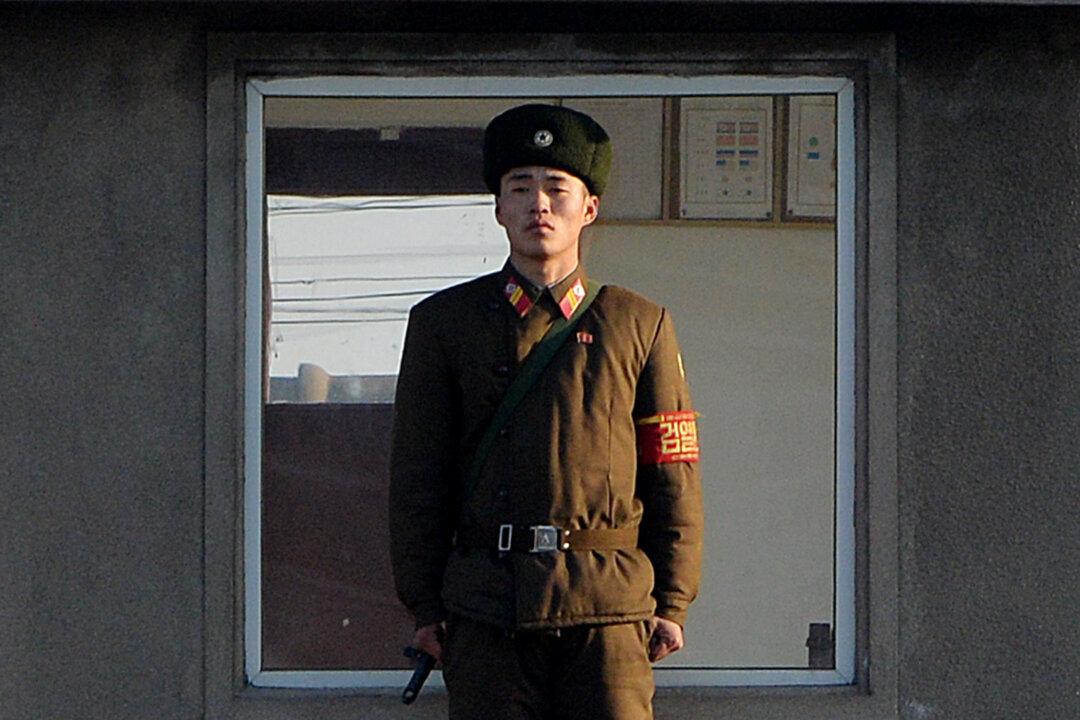
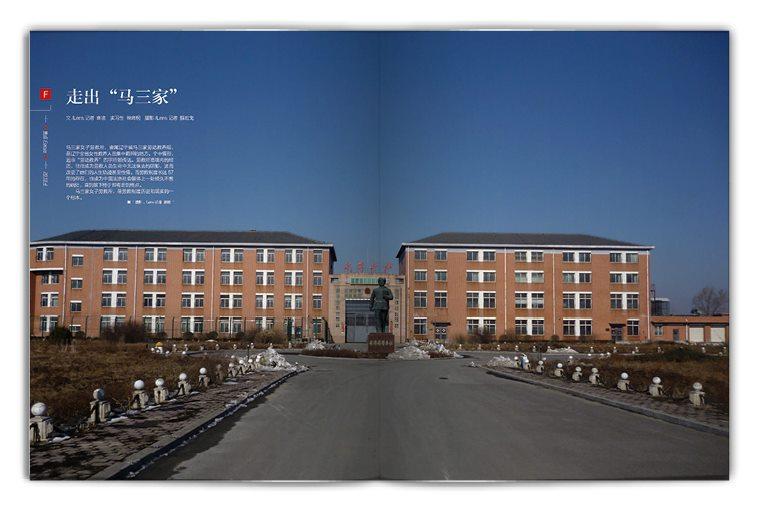
![TV President Gets Call From Chinese Spy [Video]](/_next/image?url=https%3A%2F%2Fimg.theepochtimes.com%2Fassets%2Fthemes%2Feet%2Fimages%2FEET_default_700x420.jpg&w=1200&q=75)
